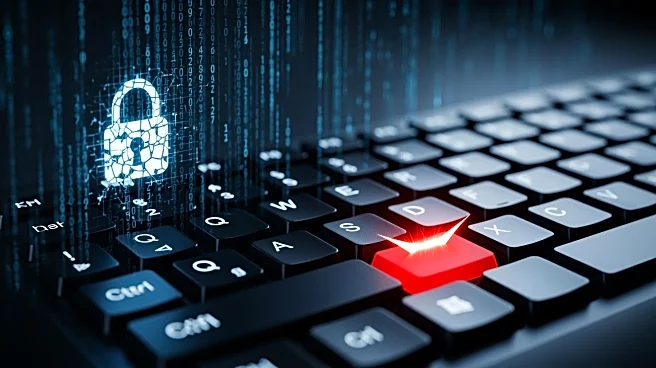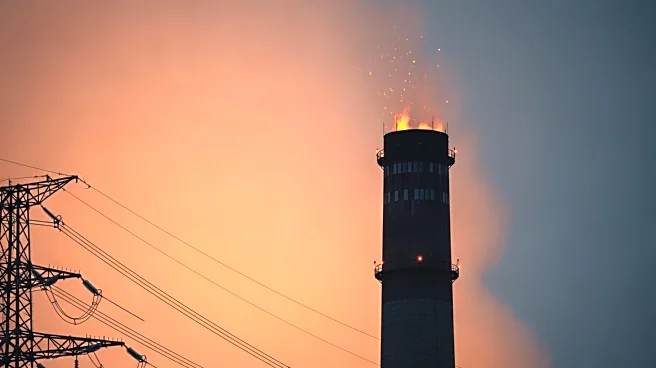What's Happening?
The Syrian government has declared a ceasefire following recent clashes with Kurdish fighters in Aleppo. The announcement was made by Syria's Minister of Defense, Murhaf Abu Qasra, after meeting with Mazloum Abdi, the commander of the Kurdish-led Syrian Democratic Forces (SDF). The ceasefire aims to halt the violence that erupted in the Sheikh Maqsoud and Achrafieh neighborhoods, where government forces and the SDF have been in conflict. The SDF accused government forces of attacking civilians, while the government reported that the SDF targeted checkpoints, resulting in casualties. This development comes amid ongoing tensions between the central government in Damascus and Kurdish authorities in northeast Syria.
Why It's Important?
The ceasefire is significant as it attempts to stabilize a volatile region and prevent further civilian casualties. The conflict between the Syrian government and Kurdish forces has broader implications for Syria's territorial integrity and political future. The SDF, backed by the U.S., controls much of northeast Syria and seeks autonomy, while the Syrian government aims to consolidate control over the entire country. The ceasefire could pave the way for renewed negotiations and a potential resolution to the ongoing conflict. However, the situation remains fragile, and the success of the ceasefire will depend on the commitment of both parties to uphold the agreement.
What's Next?
The implementation of the ceasefire will be closely monitored by international stakeholders, including the U.S., which has been involved in supporting the SDF. The Syrian government and the SDF are expected to engage in further discussions to address unresolved issues and ensure the ceasefire holds. The outcome of these talks could influence the broader geopolitical dynamics in the region, particularly regarding U.S. involvement and the future of Kurdish autonomy in Syria.








